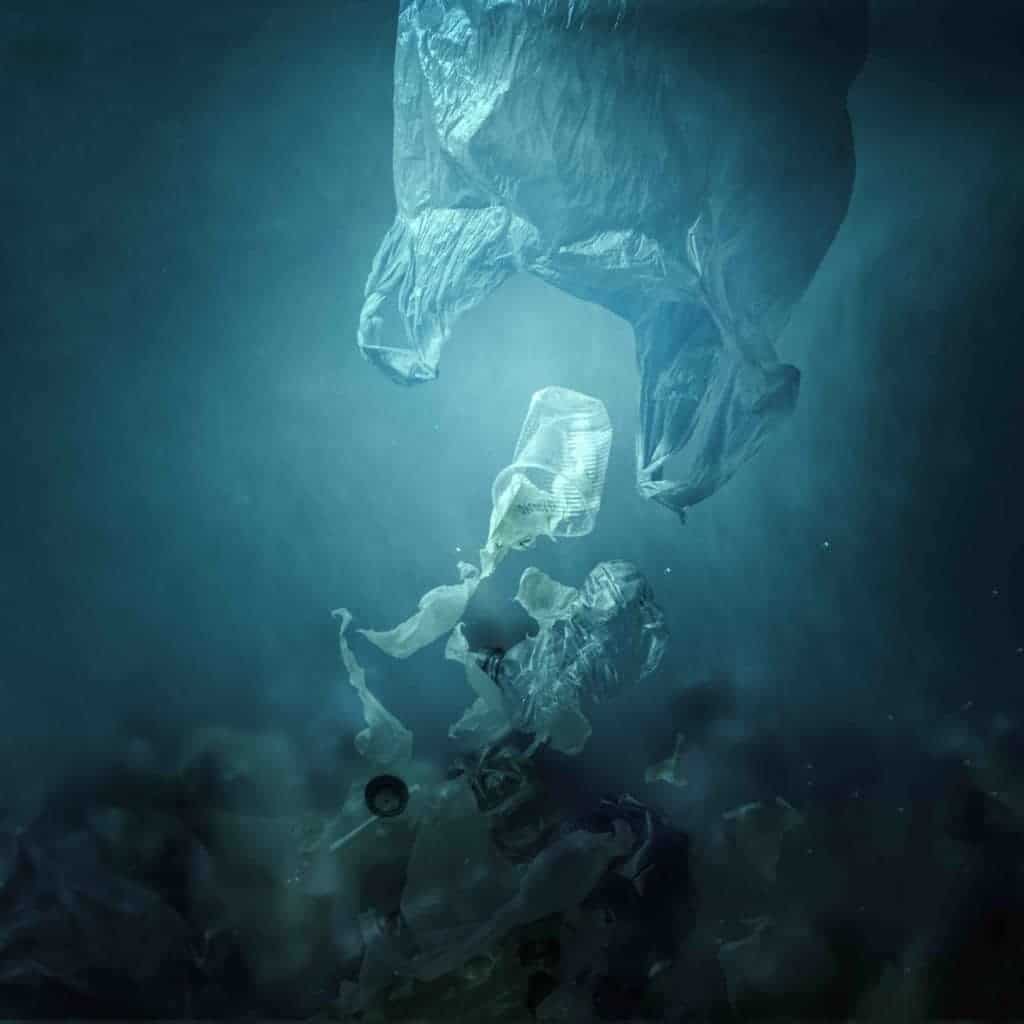Environmental Degradation
Excessive Consumption
An Urgent Appeal
We Need a Conversion
A Crisis
We Have Been Tyrants
Neglects the Integrity of Creation
“It is possible that we do not grasp the gravity of the challenges now before us.”
Pope Francis, 105
“I urgently appeal for a new dialogue about how we are shaping the future of our planet.”
Pope Francis, 14
Consistent & Pivotal Calls to Action

Pope St. Paul VI
“The care of preserving and improving the natural environment…are deeply felt among the men of our times.” (Pope St. Paul VI)
“The progressive deterioration [is creating]…risks provoking a veritable ecological catastrophe”. (Pope St. Paul VI, 3)
“[H]ow can we ignore the imbalances caused in the biosphere by the disorderly exploitation of the physical reserves of the planet.” (Pope St. Paul VI)
“To rule creation means…to transform the world…into a beautiful abode where everything is respected.” (Pope St. Paul VI)

Pope St. John Paul II
Introduced ecology as a formal part of Catholic social teaching and an essential part of faith: “Christians, in particular, realize that their responsibility within creation and their duty towards nature and the Creator are an essential part of their faith.” (World Day of Peace Message, 15)
“[T]here is an order in the universe which must be respected, and…I wish to repeat that the ecological crisis is a moral issue”. (World Day of Peace Message, 15)
“Man thinks that he can make arbitrary use of the earth…as though it did not have its own requisites and a prior God-given purpose, which man can indeed develop but must not betray.” (Centesimus Annus, 37)
Read More
“Instead of carrying out his role as a co-operator with God in the work of creation, man sets himself up in place of God and thus ends up provoking a rebellion on the part of nature, which is more tyrannized than governed by him.” (Centesimus Annus, 37)
NOTE: In 1979, Pope St. John Paul II proclaimed St. Francis of Assisi the Patron Saint of those who promote ecology. (Apostolic Letter Inter Sanctos, December 29, 1979)
An even earlier magisterial warning and call to care for our natural environment was made by Pope St. Paul VI who said, in 1971: “Man is suddenly becoming aware that by an ill-considered exploitation of nature he risks destroying it and becoming in his turn the victim of this degradation. Not only is the material environment becoming a permanent menace – pollution and refuse, new illness and absolute destructive capacity – but the human framework is no longer under man’s control, thus creating an environment for tomorrow which may well be intolerable. This is a wide-ranging social problem which concerns the entire human family.” (Octogesima Adveniens, 21)
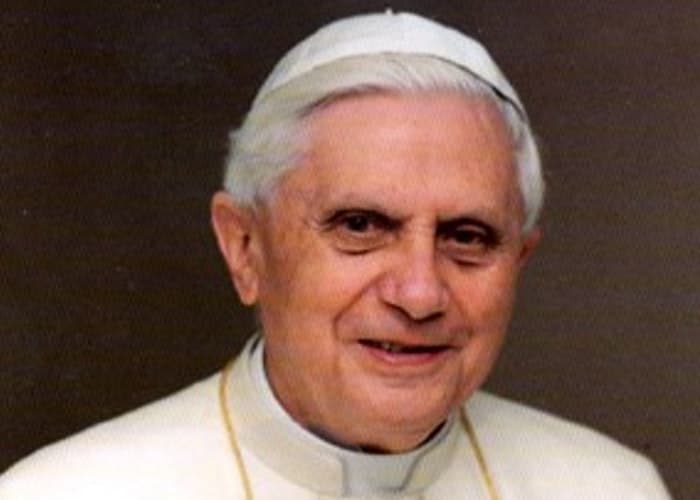
The “Green” Pope
“If you want to cultivate peace, protect creation”. (World Day of Peace Message, 1)
Following Pope Benedict XVI’s World Day of Peace Message in 2010, wherein he definitively laid out the Church’s case for protecting the environment, many media outlets labeled him the “Green” Pope.
Indeed, Pope Benedict XVI expressed his concern for the environment consistently throughout his pontificate: “The earth is a precious gift of the Creator, who has designed its intrinsic order, thus giving us guidelines to which we must hold ourselves as stewards of his creation”. (General Audience)
Read More
“In my recent Encyclical, Caritas in Veritate, I referred more than once to such questions…as the natural environment is given by God to everyone, and its use entails a personal responsibility towards the whole of humanity, in particular, towards the poor and future generations.” (General Audience, August 29, 2009)
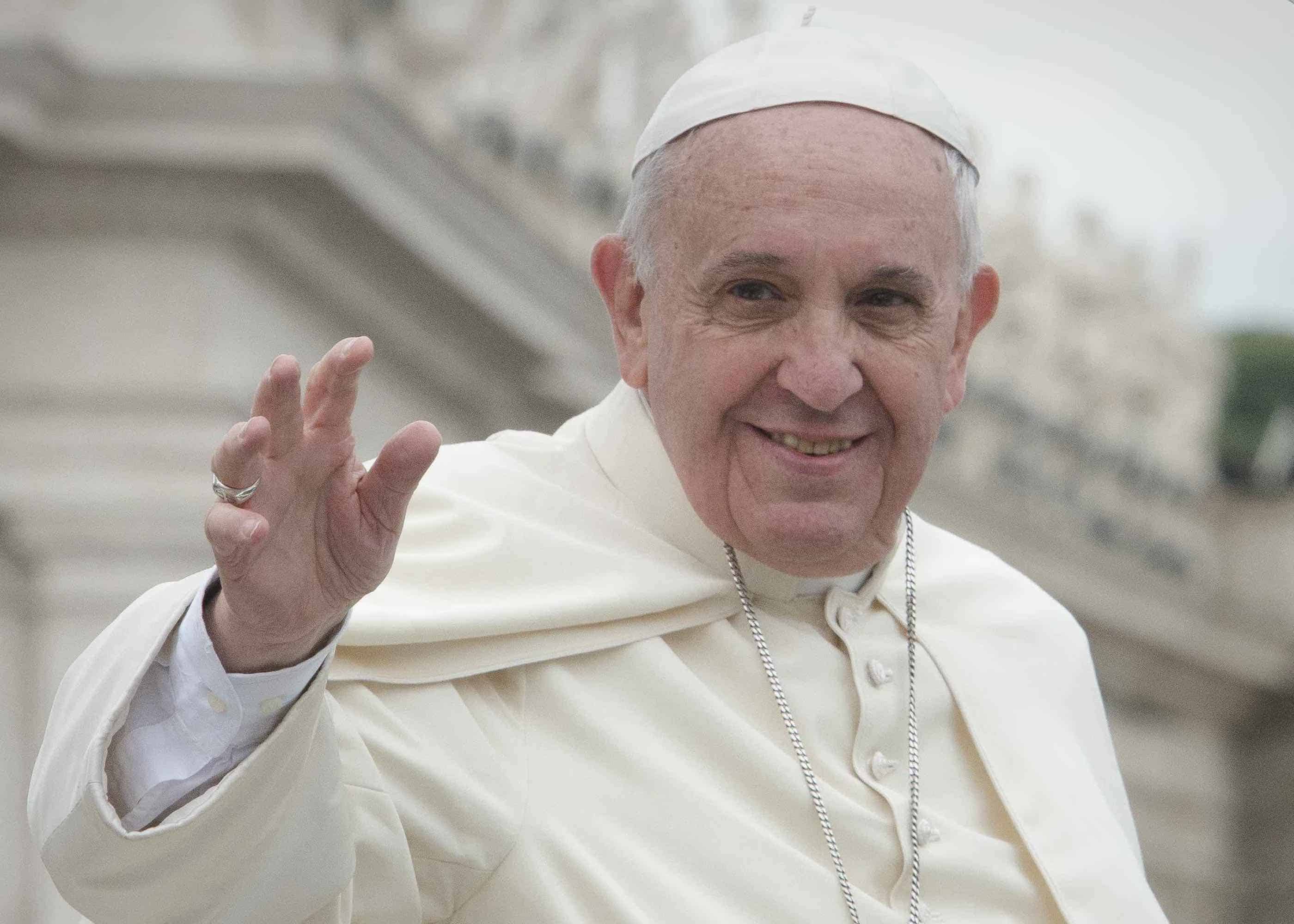
Pope Francis
Our natural environment has now received a dedicated treatment in Laudato Si’ wherein the Holy Father expresses… “[H]ope that this Encyclical Letter, which is now added to the body of the Church’s social teaching, can help us to acknowledge the appeal, immensity and urgency of the challenge we face.” (Laudato Si’, 15)
“Nature, in a word, is at our disposition and we are called to exercise a responsible stewardship over it.” (World Day of Peace Message, 9)
The earth “cries out to us because of the harm we have inflicted on her by our irresponsible use and abuse of the goods with which God has endowed her”. (Laudato Si, 2)
Read More
“Tragically, the human response to this gift has been marked by sin, selfishness and a greedy desire to possess and exploit. Egoism and self-interest have turned creation…into an arena of competition and conflict.” (World Day of Prayer for the Care of Creation)
The Cause
Ecological degradation stems from:
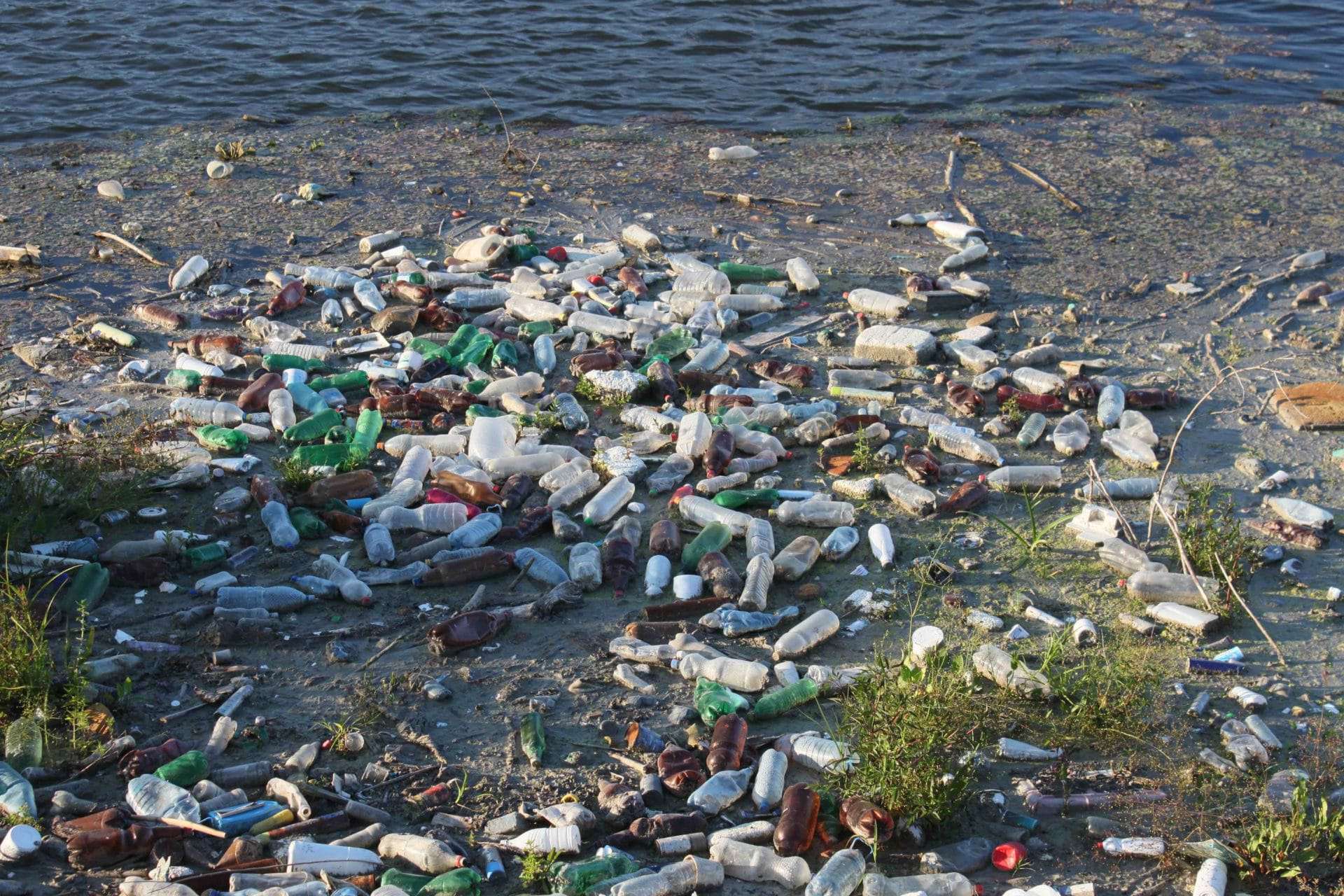
Excessive Consumption
- “[M]an is warned of the necessity of replacing the unchecked advance of material progress…with new-found respect for the biosphere”. (Pope St. Paul VI)
- Seeing our “lives as a series of sensations to be experienced rather than as a work to be accomplished.” (Pope St. John Paul II, 39)
- “Too many of us act like tyrants with regard to creation. Let us make an effort to change and to adopt more simple and respectful lifestyles!” (Pope Francis)
- The ecological crisis “calls for a lifestyle marked by sobriety and solidarity”. (Pope Benedict XVI, 5)

Inadequate Anthropology
- “The deterioration of nature is in fact closely connected to the culture.” (Pope Benedict XVI, 51)
-
“Man is certainly the first and truest treasure of the earth.” (Pope St. Paul VI)
- “An inadequate presentation of Christian anthropology gave rise to a wrong understanding of the relationship between human beings and the world.” (Pope Francis, 116)
- “[N]o peaceful society can afford to neglect either respect for life or the fact that there is an integrity to creation”. (Pope St. John Paul II, 7)
“We Require a New & Universal Solidarity.”
“[T]o bring the whole human family together to seek a sustainable and integral development…” (Pope Francis, 13)
“To seek only a technical remedy is…to mask the true and deepest problems of the global system.” (Pope Francis, 111)
“That is how we end up worshipping earthly powers, or ourselves usurping the place of God, even to the point of claiming an unlimited right to trample his creation underfoot.” (Pope Francis, 75)
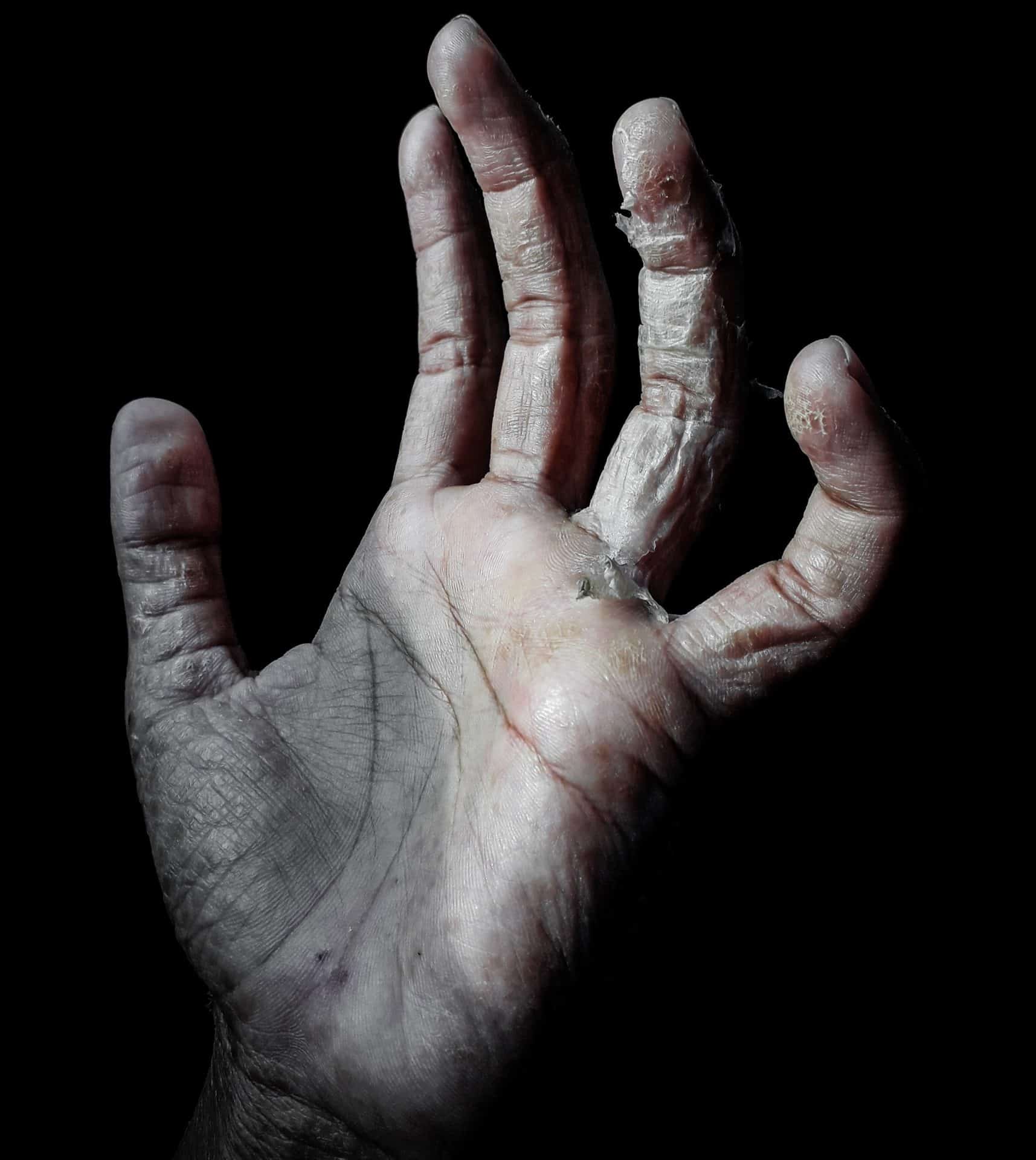
“The best way to restore men and women to their rightful place…is to speak once more of the figure of a Father who creates and who alone owns the world.”
Pope Francis, 75
The Church’s call for the care for “our common home” goes back to Pope St. Paul VI’s foreboding declaration:
“Man is suddenly becoming aware that by an ill-considered exploitation of nature he risks destroying it and becoming in his turn the victim of this degradation. Not only is the material environment becoming a permanent menace – pollution and refuse, new illness and absolute destructive capacity – but the human framework is no longer under man’s control, thus creating an environment for tomorrow which may well be intolerable. This is a wide-ranging social problem which concerns the entire human family.“ (Octogesima Adveniens, 21)
The call for an “ecology of the human person” involves issues of the social structure in which we live. These structures can either help or hinder our living in accordance with the truth, and it is here that Catholic social teaching begins to integrate issues of life.
“I readily encourage efforts to promote a greater sense of ecological responsibility which…would safeguard an authentic ‘human ecology’ and thus forcefully reaffirm the inviolability of human life at every stage and in every condition, the dignity of the person and the unique mission of the family, where one is trained in love of neighbor and respect for nature.” (Pope Benedict XVI, 12)

